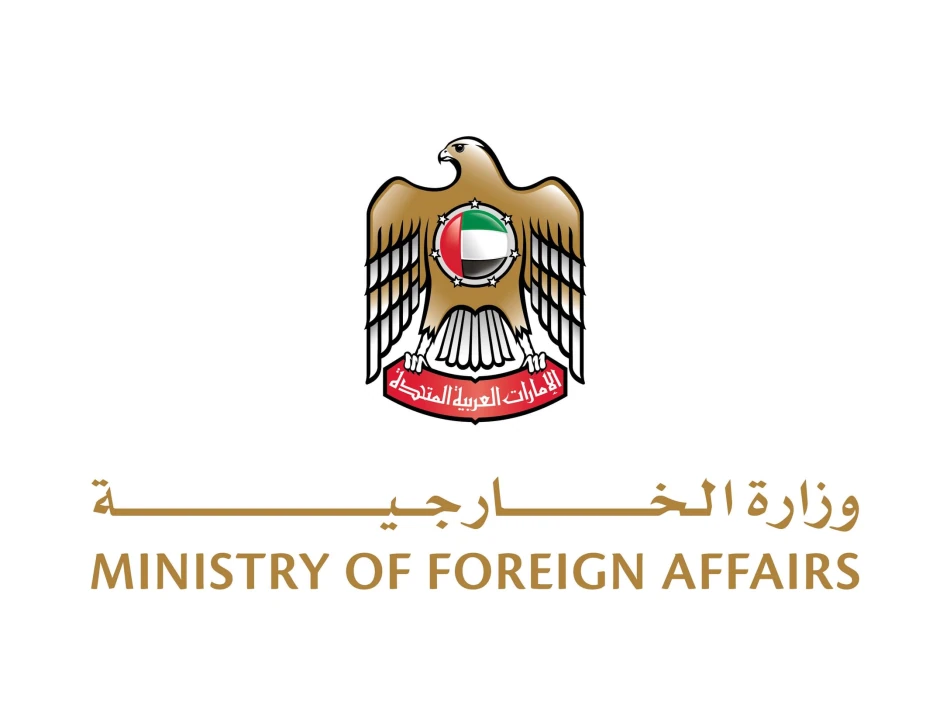
UAE Condemns Deadly Terrorist Attack on Dar Al-Jamal Village in Nigeria
UAE Condemns Deadly Terror Attack in Nigeria's Dar al-Jamal Village
The United Arab Emirates has issued a strong condemnation of a terrorist attack that struck Dar al-Jamal village in northeastern Nigeria, killing and injuring dozens of innocent civilians. The incident underscores the persistent security challenges facing Nigeria's volatile northeastern region, where extremist groups continue to target rural communities despite ongoing military operations.
Official Response and Diplomatic Solidarity
The UAE's Ministry of Foreign Affairs released a statement expressing the nation's "strongest condemnation" of the terrorist attack. The ministry emphasized the UAE's unwavering rejection of all forms of violence, extremism, and terrorism that aim to destabilize security and peace in the region.
In a gesture of diplomatic solidarity, the UAE extended its deepest condolences to the families of the victims and to the Federal Republic of Nigeria and its people, while wishing a swift recovery to all those injured in the attack.
Nigeria's Ongoing Security Crisis
The Northeast's Vulnerability
The attack on Dar al-Jamal village reflects the continuing security challenges in Nigeria's northeastern states, particularly Borno, Adamawa, and Yobe. This region has been the epicenter of insurgent activity for over a decade, with terrorist groups frequently targeting rural communities that have limited security presence.
Despite significant military investments and international support, including assistance from regional partners and global allies, Nigeria continues to struggle with protecting remote villages from surprise attacks. The geographical vastness of the affected areas and the porous nature of borders with neighboring countries complicate security operations.
Regional and International Implications
The UAE's swift condemnation reflects broader international concern about terrorism's spread across the Sahel region. Similar attacks have plagued neighboring countries including Chad, Cameroon, and Niger, creating a security corridor that threatens regional stability and economic development.
For international partners like the UAE, which has growing economic interests across Africa, such incidents highlight the need for sustained security cooperation and development assistance to address the root causes of extremism in rural communities.
The Broader Context of UAE-Nigeria Relations
The UAE's response demonstrates its commitment to supporting Nigeria, a key partner in its expanding African diplomatic and economic strategy. The Emirates has been increasingly active in West Africa, investing in infrastructure projects and establishing stronger diplomatic ties with regional powers.
This diplomatic solidarity also reflects the UAE's own experience with security challenges and its understanding of the complex nature of counter-terrorism efforts in developing regions. The Emirates' position as a stable hub in a volatile Middle East gives weight to its condemnation of terrorist activities elsewhere.
Looking Forward
The international community's response to such attacks, exemplified by the UAE's statement, serves as both moral support for affected nations and a reminder that terrorism remains a global challenge requiring coordinated responses. For Nigeria, continued international backing will be crucial as it works to protect vulnerable communities while addressing the underlying socio-economic factors that contribute to regional instability.
Most Viewed News

 Sara Khaled
Sara Khaled






